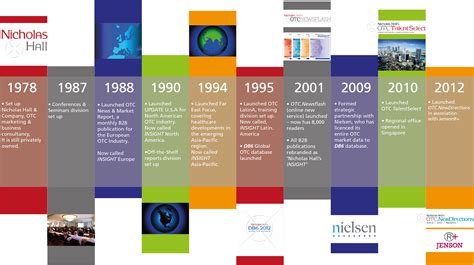Historical Timeline: 1959-2024 - A Journey Through Recent History
This comprehensive timeline covers significant global events from 1959 to 2024, offering a glimpse into the major political, social, technological, and cultural shifts that shaped our world. While exhaustiveness is impossible in a single article, we aim to highlight pivotal moments and trends that continue to resonate today.
The 1960s: Cold War Tensions and Social Upheaval
1959: The Cuban Revolution culminates in Fidel Castro's victory, dramatically altering the geopolitical landscape of the Americas and intensifying Cold War tensions.
1961: The Bay of Pigs Invasion fails, a significant setback for the United States in its efforts to overthrow Castro. The construction of the Berlin Wall begins, symbolizing the deep divisions of the Cold War.
1962: The Cuban Missile Crisis brings the world to the brink of nuclear war, forcing a tense confrontation between the US and the Soviet Union. This event remains a stark reminder of the fragility of peace during the Cold War era.
1963: President John F. Kennedy is assassinated, plunging the United States into mourning and triggering a period of national reflection. The assassination of Kennedy also marked a turning point in American politics.
1968: The assassinations of Martin Luther King Jr. and Robert F. Kennedy further destabilize the US. The Soviet invasion of Czechoslovakia (Prague Spring) highlights the limitations of liberalization within the Eastern Bloc.
1969: The Apollo 11 mission successfully lands humans on the moon, a monumental achievement in human history and a high point of the Space Race.
The 1970s: Détente and the Rise of New Challenges
1970s: The decade witnessed a period of détente between the US and the Soviet Union, marked by arms control agreements and increased diplomatic engagement. However, this was also a time of rising oil prices, economic instability, and the growing impact of environmental concerns.
1973: The Yom Kippur War erupts in the Middle East, leading to an oil embargo that significantly impacts the global economy.
1979: The Iranian Revolution overthrows the Shah, leading to a hostage crisis at the US embassy in Tehran. The Soviet invasion of Afghanistan further escalates Cold War tensions.
The 1980s: The End of the Cold War Begins
1980s: The decade saw the rise of Ronald Reagan in the US and Margaret Thatcher in the UK, ushering in a period of conservative resurgence in the West. The Cold War continued, but the seeds of its eventual demise were sown.
1986: The Chernobyl disaster in the Soviet Union highlights the dangers of nuclear technology and underscores the fragility of the Soviet system.
1989: The fall of the Berlin Wall symbolizes the crumbling of communist regimes in Eastern Europe, marking a pivotal moment in the end of the Cold War.
The 1990s: A New World Order
1990s: The collapse of the Soviet Union in 1991 marked the end of the Cold War and ushered in a new world order, characterized by globalization, technological advancements, and new geopolitical dynamics.
1991: The Gulf War, triggered by Iraq's invasion of Kuwait, demonstrates the limits of Iraqi power.
1994: The Rwandan genocide is a stark reminder of the horrors of ethnic conflict.
The 2000s: Terrorism and Globalization
2000s: The decade was dominated by the rise of global terrorism, culminating in the September 11th attacks. Globalization continued to accelerate, creating both opportunities and challenges.
2001: The September 11th terrorist attacks on the United States drastically alter global politics and lead to the "War on Terror".
2008: The global financial crisis triggers a widespread economic downturn, impacting countries worldwide.
The 2010s and 2020s: Challenges of the 21st Century
2010s and 2020s: These decades have been marked by rising global inequalities, climate change, technological advancements, and shifting geopolitical power dynamics.
2011: The Arab Spring uprisings spread across the Middle East and North Africa, challenging authoritarian regimes.
2020: The COVID-19 pandemic sweeps the globe, causing a global health crisis and widespread economic disruption.
2022: Russia's invasion of Ukraine significantly alters the European security landscape and triggers a major humanitarian crisis.
This timeline provides a brief overview of major historical events. Further research into specific events and periods is highly recommended for a deeper understanding of the complexities of recent history. The impact of these events continues to shape our present and will undoubtedly influence the future.

